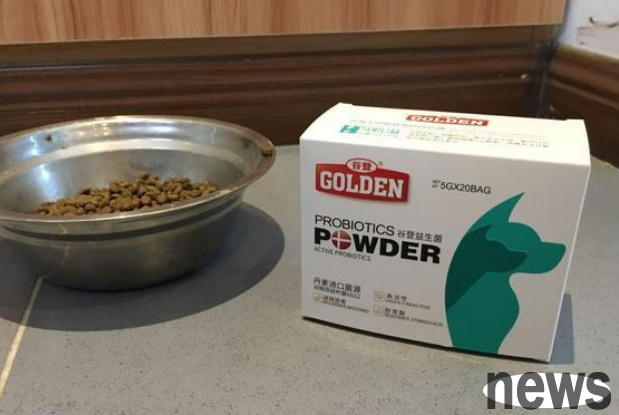Probiotics are an essential nutritional value for pet health. If there is a lack of probiotics in the pet’s body, digestive symptoms will occur. Therefore, proper supplementation of probiotics in life is of great help to pets.
What are the functions of probiotics?

The intestine is the dog's largest immune organ and the largest microecological system. Dogs slowly interact with the outside world through the gastrointestinal mucosa. Through their growth and various metabolic effects, they promote the normalization of intestinal bacteria, inhibit the production of putrefactive substances in the intestine, and maintain the normal operation of intestinal functions.
The probiotics that work are Lactobacillus acidophilus, Bifidobacterium lactis, Lactobacillus rhamnosus, Lactobacillus casei and other probiotics, and only the living flora are active and can regulate the intestinal tract and improve immunity. Different numbers of viable bacteria affect efficacy. Probiotics on the market vary in content from 300,000, 500,000, 1 million, 5 billion, and 30 billion viable bacteria.
Currently, common probiotic product dosage forms on the market include powders, granules (granules), capsules, etc. Probiotic products in different dosage forms have different absorption speeds, effects, recipients, and convenience. From the perspective of convenience of feeding, powder is more suitable for dogs. At present, the brands with good response on the market include Goodeng, MAG, etc.
Is it really good for dogs to eat probiotics for a long time?

According to scientific research, it is most appropriate to consume probiotics in moderation to maintain a good balance of flora in the body. Regardless of whether it is a probiotic product or a pure probiotic preparation, do not consume excessive amounts, especially pure probiotic preparations that are consumed as pharmaceuticals. You should be more careful when using them. Parents, please strictly follow the instructions for feeding!